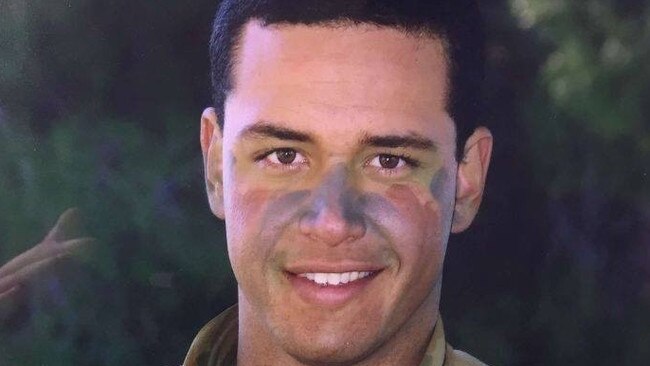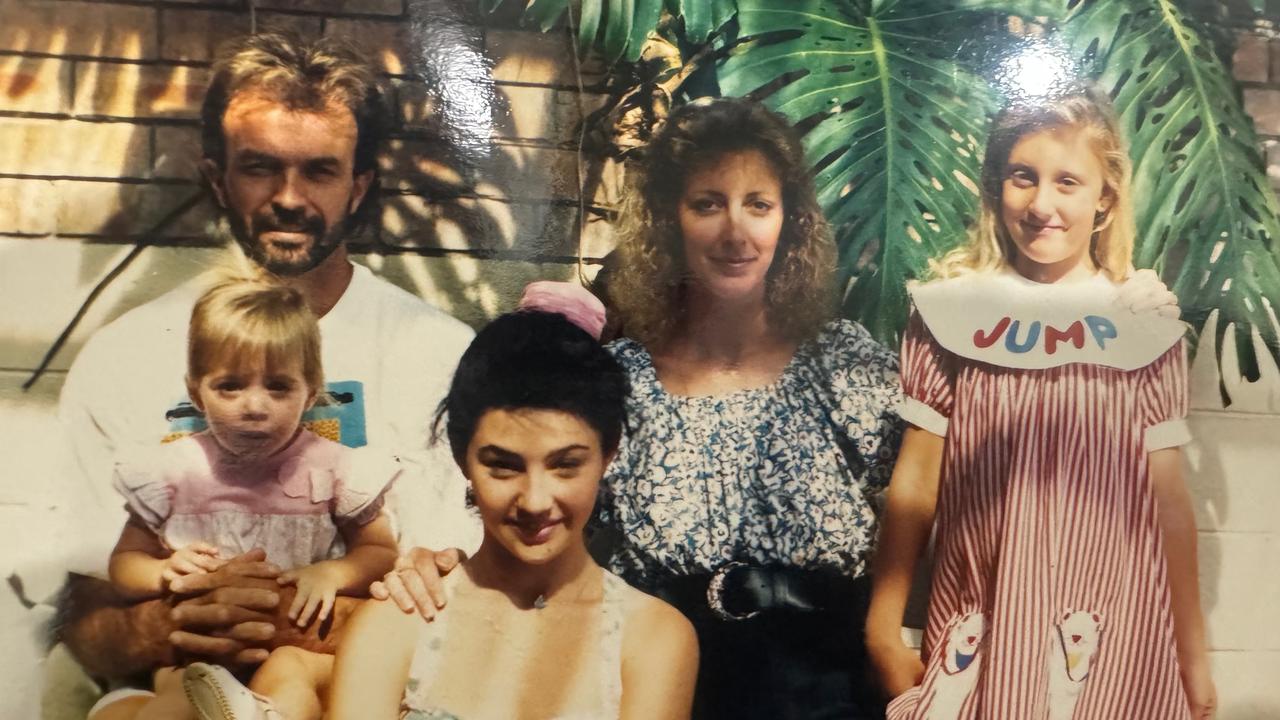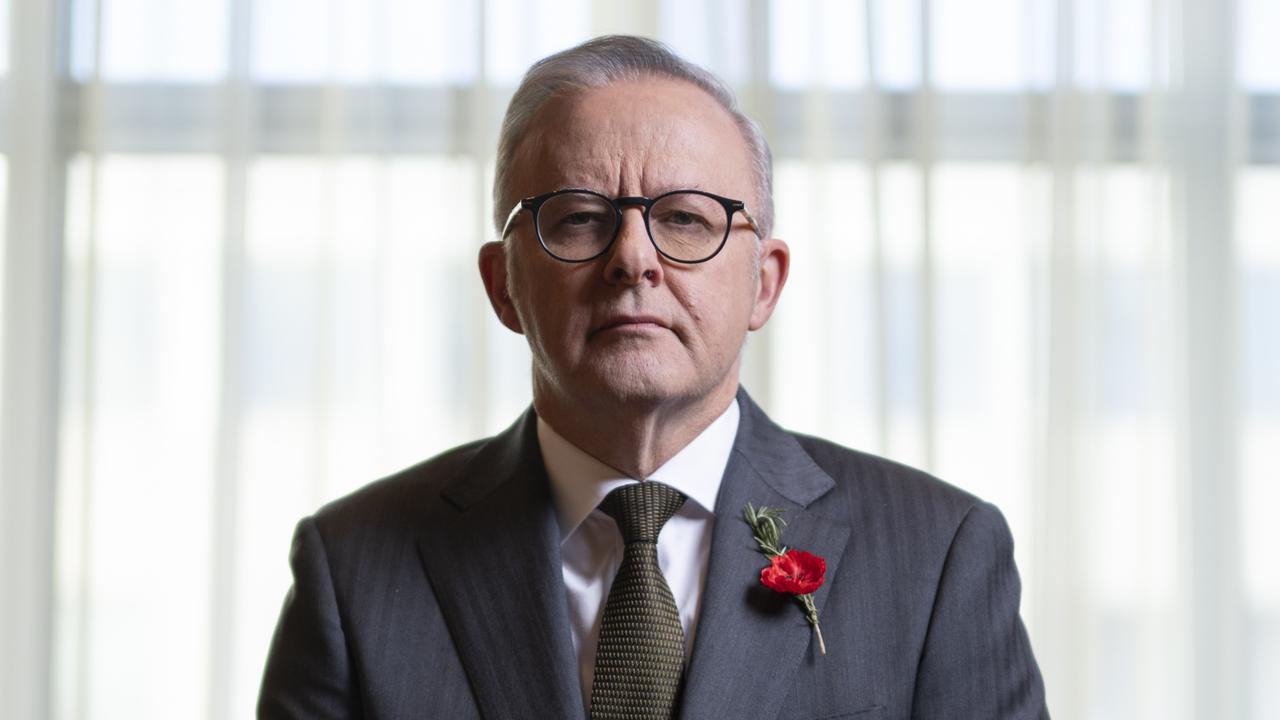Afghanistan veteran left to die alone
An Afghanistan veteran died alone after his post-traumatic stress syndrome was worsened by his experience with the Department of Veteran Affairs, a coroner has found.

An Afghanistan veteran died alone in a Melbourne apartment after his post-traumatic stress syndrome was worsened by his experience with the Department of Veteran Affairs, a coroner has found.
Victorian Coroner Jacqui Hawkins ruled on Tuesday that Jesse Bird, 33, killed himself in June 2017 after he was unable to adjust to civilian life after his tour in Afghanistan.
She said he had become isolated from his friends and family and was unable to hold down a job, leaving him in a financially unstable position.
“I further find that Jesse’s personal difficulties were exacerbated by the frustrations he experienced in interacting with, and navigating, DVA’s complex compensation and rehabilitation system,” she said.
“I find that Jesse intentionally ended his own life in the setting of mental ill health and significant financial and emotional stressors.”
Bird returned from a tour of Afghanistan in 2010 with a shoulder injury that prevented him being deployed overseas again. He left the army two years later.
He began to be crippled by the symptoms of post-traumatic stress disorder, and sought help from a psychologist to combat insomnia.
His PTSD diagnosis thwarted his attempt to join the Australian Federal Police, the fire brigade and the Country Fire Authority. He then applied to the Department of Veterans Affairs for financial assistance and was rejected in May 2017.
The rejection letter, his paperwork, military kit, uniform and service medals were displayed next to his body.
Coroner Hawkins acknowledged Bird’s death had acted as a “catalyst” for reform within the DVA, which she said had become more supportive of veterans.
“My investigation revealed that a practice had been established within DVA that was contrary to law and policy,” she said.
“However, I am satisfied that subsequent reforms have been implemented to identify and remedy any residual systemic issues in the claims process.”
The inquest heard that the neurocognitive issues associated with PTSD, such as anxiety, cognitive issues and motivational issues, mean bureaucratic process and paperwork can be overwhelming for sufferers.
Veterans can access free 24-hour counselling by contacting Open Arms on 1800 011 046 and at https://www.openarms.gov.au/
If this story has raised concerns for you or someone you know, you can contact Lifeline on 13 11 14 or Beyond Blue on 1300 22 4636



